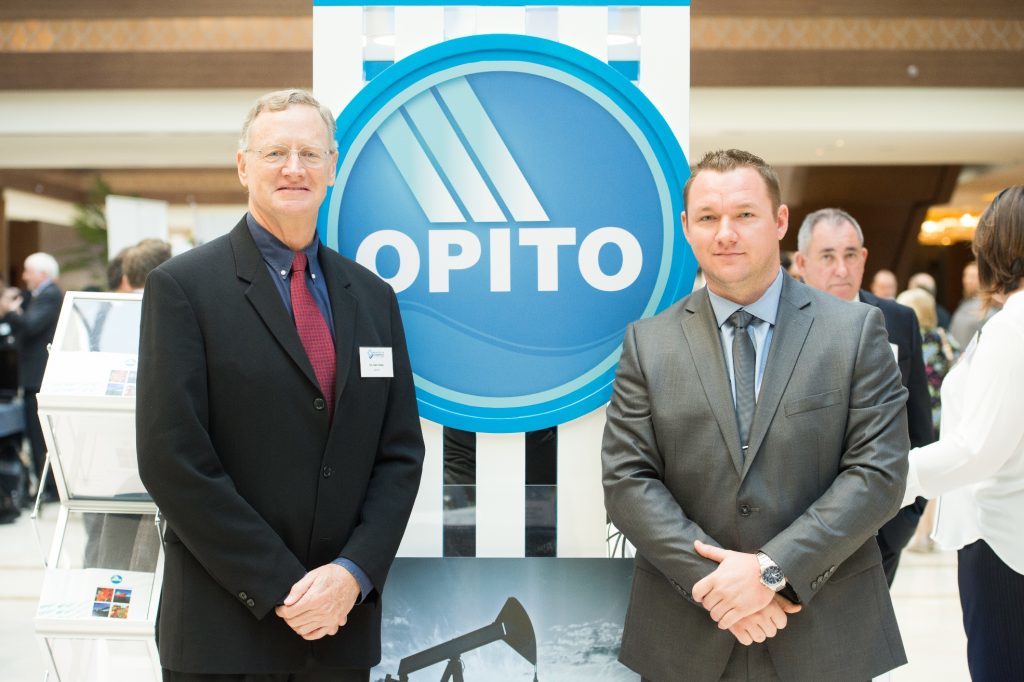
Skills development body OPITO has called on the US industry to bring the Gulf of Mexico in line with global safety standards following the Deepwater Horizon disaster.
Speaking at the OTC conference in Houston, the industry body highlighted the need for its International Offshore Emergency Response Framework to be implemented in the region to ensure personnel are equipped to react when life threatening situations occur.
Albert Skiba, OPITO’s vice president for the Gulf of Mexico, and approvals manager Richard Edwards highlighted that on average, 80% of accidents in the offshore oil and gas sector are the result of human error.
The pair said that the loss of some 350,000 jobs as a result of the downturn had also exacerbated the need for increased safety protocols – especially in the wake of the 2010 blowout which killed 11 crew and ignited a fire which could be seen 40 miles away.
Skiba said: “In a post-Macondo world, the Gulf of Mexico has been vigilant in developing programs to improve the safety of the drilling and completion process but it has not applied the same due diligence to implementing common standards to keep its workers safe and competent. Employers need to provide clarity so personnel know what is expected from them when operating across borders and in partnership with other organisations.
“Despite the Gulf of Mexico being amongst the most developed regions in the world, it is yet to take up the OPITO framework which has been widely adopted by 45 oil and gas producing regions internationally. These common standards show how the competency of personnel in emergency response situations can be developed, demonstrated and maintained. As an industry, we have to be proactive rather than reactive to incidents and head any off potential problems at the pass.
“A pan-industry approach is the only way to ensure this is addressed so employees know exactly what to do and all react in the same way when an incident occurs. After all, every worker deserves to get to work and return home safely.”
